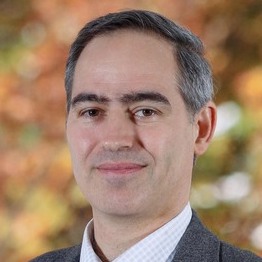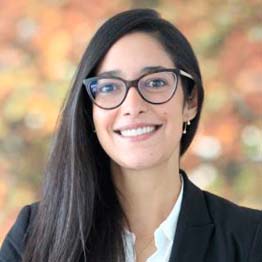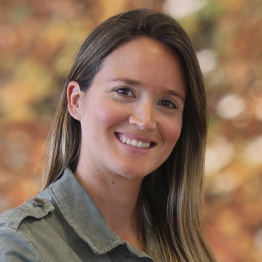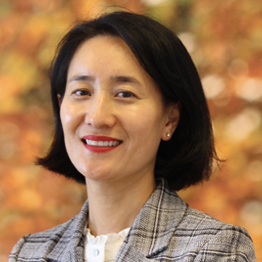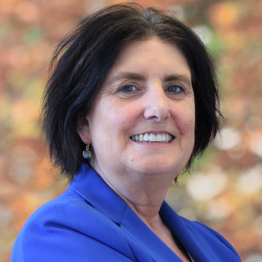The International Office Service manages academic mobility programs for Tecnun students studying abroad (outgoing) and foreign students studying at Tecnun ((incoming). Additionally, the office coordinates cooperative initiatives and fosters academic development opportunities with prestigious institutions around the world.
+100
Universities
+35
Countries
+150
Exchange students per year

